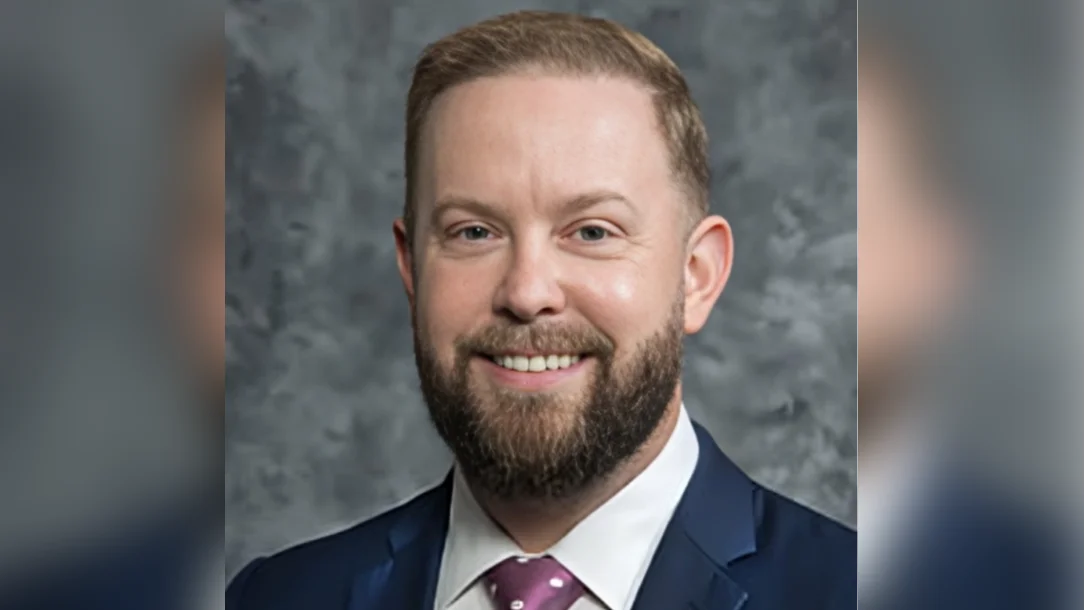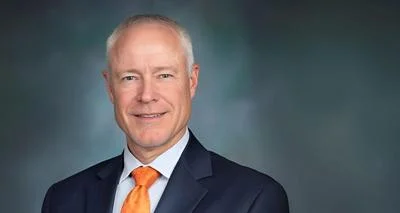David Knezek Chief Operating Officer | Michigan Department of Health & Human Services Website
David Knezek Chief Operating Officer | Michigan Department of Health & Human Services Website
The Michigan Department of Health and Human Services (MDHHS) is set to participate in the Innovation in Behavioral Health (IBH) Model, an initiative aimed at enhancing behavioral health care access and outcomes. This program focuses on improving services for adults enrolled in Medicaid and Medicare who have moderate to severe mental health conditions or substance use disorders (SUD). The model seeks to align payment systems between Medicaid and Medicare for integrated services, as well as improve quality reporting and data sharing. Michigan is one of four states chosen by the Centers for Medicare & Medicaid Services (CMS) to be part of this model.
Elizabeth Hertel, MDHHS director, expressed enthusiasm about the state's selection: “We are excited to have been chosen by CMS to offer this enhanced level of care to Medicaid beneficiaries seeking treatment for behavioral health issues and substance use disorder.” She added that the model aims to provide more personalized care, reduce emergency department visits, improve health outcomes, and address quality of life needs such as housing, food, and transportation.
Medicaid and Medicare populations often face high rates of mental health conditions or SUDs, leading to poor health outcomes like frequent emergency visits or premature death. In fiscal year 2022, Michigan’s Community Mental Health Service Programs served 178,837 individuals with behavioral health issues; among them were 12,806 individuals receiving only substance use services. Additionally, there were 62,691 admissions for SUD services managed by the state’s Pre-Paid Inpatient Health Plans.
Michigan intends to implement the IBH Model across various locations statewide including urban areas and rural regions like the Upper Peninsula. These sites will be selected from providers currently involved in either the Certified Community Behavioral Health Clinic demonstration or a Health Home.
Robert Sheehan, CEO of the Community Mental Health Association of Michigan, praised MDHHS's efforts: “Michigan’s receipt of this award from CMS underscores and will strengthen Michigan’s innovative community-based approaches... CMHA applauds MDHHS for expanding its partnership with CMS.”
Specialty behavioral health providers participating in this initiative will screen patients for priority health conditions alongside behavioral issues. They will lead interprofessional care teams responsible for coordinating comprehensive care addressing both physical and social needs such as housing and food security. Provider compensation will be tied to quality metrics and patient outcome improvements.
The eight-year model period begins on January 1st, 2025 with a three-year pre-implementation phase before service commencement. MDHHS has received $7.5 million from CMS for planning purposes related to this initiative.






 Alerts Sign-up
Alerts Sign-up